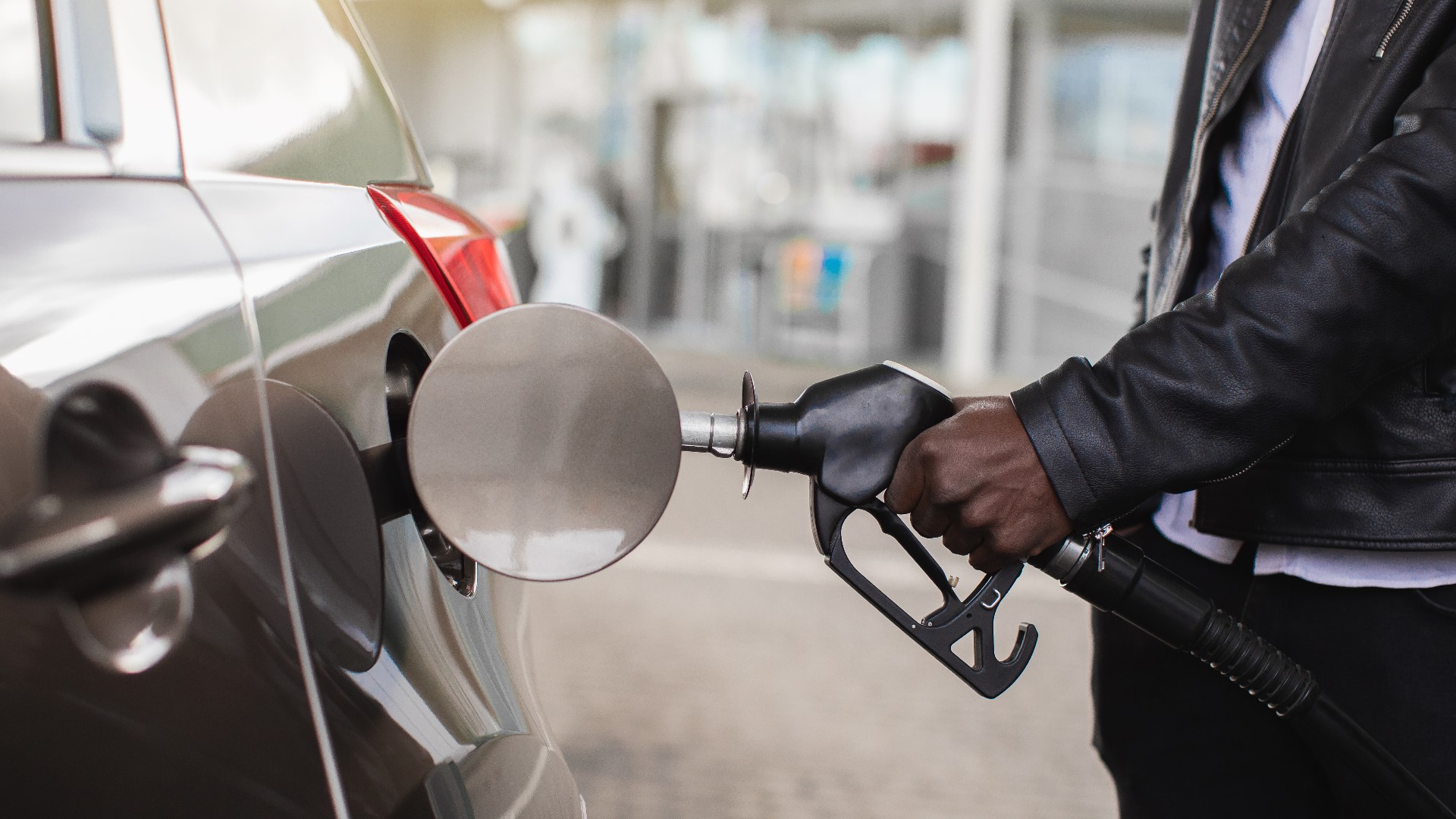Oil Marketing Companies (OMC) on the downstream petroleum market have issued new prices since Wednesday, October 26, 2022.
The move was a shock because new prices were expected to be implemented on November 1, 2022.
In Ghana, there are two pricing windows in a month (1st – 15th and 16th to end of the month) within which both the Bulk Import Distribution and Export Companies (BIDECs) and Oil Marketing Companies (OMCs)/Liquefied Petroleum Gas Marketing Companies (LPGMCs) generally review the prices of petroleum products.
The concept of the two week Pricing Window is based on the principle that a fixed FOB Price and FX rate will be used throughout the two-week period. The regulations were made based on this understanding with industry.
Pricing was revised just once every two weeks because the BIDECs were able to use a more predictable FX rate to price.
The recent development with the fast depreciating cedi makes it impossible to do so hence they are being forced to revise their prices based on the changing FX rate to mitigate the huge losses they are making.
The regulator is aware but has to be realistic with the challenges the industry is currently facing and be flexible to ensure products are available at the pumps.
Any attempt to stop the revision of prices now will lead to shortages; the BIDECs will refuse to sell.
The price of a litre of petrol at GOIL filling stations increased from GH₵13.10 to GH₵13.99 while diesel remains at GH₵15.99.
Pacific filling station is selling a litre of petrol for GH₵17.54 while diesel sells for GH₵19.44.
Competition for market share will account for variance in the rate of increases at the pump, across various OMCs.
A significant fall in the value of the cedi against the US dollar has been cited as the reason for the price increases.
The price of fuel in Ghana is determined by a formula that takes into consideration the following factors such as the world market price of each petroleum product; the cost of importing or producing the product and making it available for loading to retail outlets at the storage depot (referred to as the Suppliers’ Premium); the Ghana Cedi (GHS) to US Dollar (USD) exchange rate; the taxes/levies on each petroleum product; and the distribution margins on each product.
The prices of petroleum products on the world market and the daily exchange rate change are used.
However, because of the bi-weekly pricing window policy practiced in Ghana, the daily prices on the world market are averaged for a two-week period and used in the pricing formula.
The world market prices and the exchange rates used in the pricing formula to determine ex-pump prices in Ghana vary for every pricing window due to the daily changes mentioned above.
In view of this, the ex-pump prices in Ghana change in response to the level of changes in these components of the pricing formula.
Thus, when prices on the world market rise, it leads to increases in ex-pump prices in Ghana and vice versa.
The depreciation of the Ghana Cedi (GHS) against the US Dollar (USD) also results in increases in ex-pump prices.
- Enterprise Life launches improved education investment solution - 31 March 2025
- Access Bank Ghana launches “Fa Ketewa Bɛgye Kɛseɛ” promo - 31 March 2025
- President Mahama Calls for unity at Eid Al-Fitr celebration - 31 March 2025

